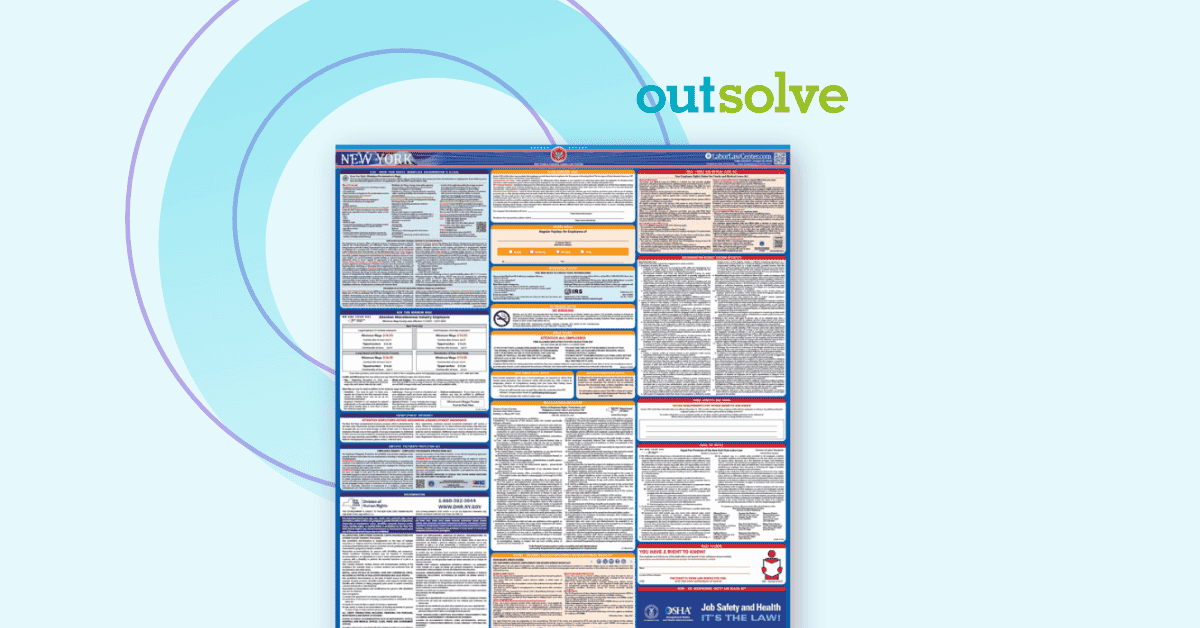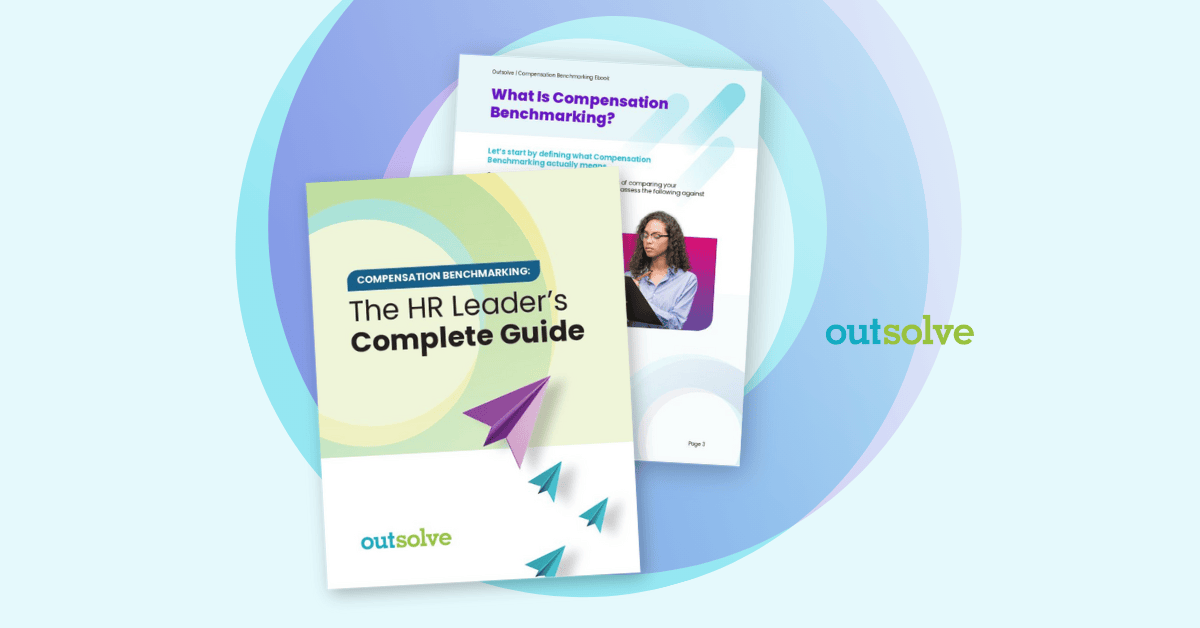2 min read
Illinois Becomes Next State to Require Pay Data Reporting and Equal Pay Certification
![]() OutSolve
:
Feb 18, 2021 4:02:05 PM
OutSolve
:
Feb 18, 2021 4:02:05 PM

Data on gender, race, and ethnicity will be published on the Secretary of State’s website
Both houses of the General Assembly in Illinois passed the final version of SB 1480. It was then sent to the Governor’s office on February 5, 2021 for signature. The bill amends the Human Rights Act regarding criminal convictions and the Business Corporation Act regarding additional information that is required to be filed with corporate annual reports.
Illinois becomes the next state to require domestic and registered foreign corporations to file an EEO-1 report to include in annual corporate reports filed with the Illinois Secretary of State information similar to the employment data in Section D of the federal EEO-1 form. The Secretary of State will publish data on the gender, race, and ethnicity of the corporation’s employees on the Secretary of State’s website. This obligation on employees applies to corporate reports filed on or after January 1, 2023.
In addition to the annual reporting, private employers with more than 100 employees in the state must obtain an “equal pay registration certificate.” Employers must provide the EEO-1 data in Section D plus the total wages paid to each employee during the prior calendar year. Wages are defined in Section 2 of the Illinois Wage Payment and Collection Act and include wages, salaries, earned commissions, and other forms of compensation. A statement signed by a corporate officer, legal counsel, or other authorized agent of the business for each county where the business has employees must be submitted making the following representations:
- The business is in compliance with Title VII, the Equal Pay Act of 1963, the Illinois Human Rights Act, the Equal Wage Act, and the Equal Pay Act of 2003;
- The average compensation of its female and minority employees is not consistently below the average compensation for its male and non-minority employees within each of the major EEO-1 job categories, accounting for factors such as length of service, job requirements, experience, skill, effort, responsibility, working condition and other mitigating factors;
- The company does not restrict employees of one sex to certain job classifications and makes decisions about retention and promotions without regard to sex;
- Where wage and benefit disparities are found, they are corrected; and
- The business reports how often they evaluate wages and benefits to ensure compliance with all the statutes identified in the first bullet.
Failure to obtain a certificate or a suspended or revoked certification after an investigation is subject to a mandatory civil penalty equal to 1% of “gross profits.” Within three years of the effective date of the law, corporations must obtain their certificate and must recertify every two years.
Illinois Department of Labor Equal Pay Act FAQs
OutSolve's Insight
Illinois joins California in requesting the submission of pay data for employees (but only of employers with 100 or more employees within the state). While the amendment to the Illinois Equal Pay Act of 2003 won’t take effect for two years, it will probably take Illinois that long to figure out how exactly to collect and evaluate the requested information. Illinois does not have its own EEO-1 report form, so employers will have to submit a copy of the Federal form. The EEO-1 does not currently include a Section D, but the Illinois law provides that employers “…compile [and submit] a list of all employees during the past calendar year, by gender and race/ethnicity, by EEO category, with their total wages paid (as defined by Illinois law). Hours worked is not requested. Troublesome, but do-able.
What seems more problematic is the idea that the average female/minority wage should not be “consistently below” the average for males/non-minorities by EEO category. This is after taking into consideration all of the standard Equal Pay Act factors. The FAQ on the state website has not yet been updated to reflect the changes to the state Equal Pay Act, so more information should be forthcoming.
OutSolve will keep you posted as the situation evolves. This is another indication of the increasing emphasis on pay gaps, and on more reporting of compensation data. Employers should take proactive steps to analyze their pay practices and current employee compensation. OutSolve can assist employers with analyzing their pay practices with a variety of statistical models and consulting services.
Founded in 1998, OutSolve has evolved into a premier compliance-driven HR advisory firm, leveraging deep expertise to simplify complex regulatory landscapes for businesses of all sizes. With a comprehensive suite of solutions encompassing HR compliance, workforce analytics, and risk mitigation consulting, OutSolve empowers organizations to navigate the intricate world of employment regulations with confidence.
Recent Posts

New Executive Orders May Require Labor Law Poster Updates

HR Compliance Checklist: What Every HR Pro Needs to Know
Related Posts

Employer Responsibility: Workplace Non-Discrimination Under Federal Law
The world of employment law continues to change. For HR, staying informed about employment law changes and their implications is crucial. One of the...

Compensation Benchmarking: The HR Leader’s Complete Guide
Setting salaries can feel like a guessing game. If you pay employees too little, they leave for better offers. If you pay too much, you strain your...

6 Steps to Conduct a Pay Equity Audit
Fair and equitable compensation practices are not just a matter of compliance—they’re necessary for attracting and retaining top talent and for...

